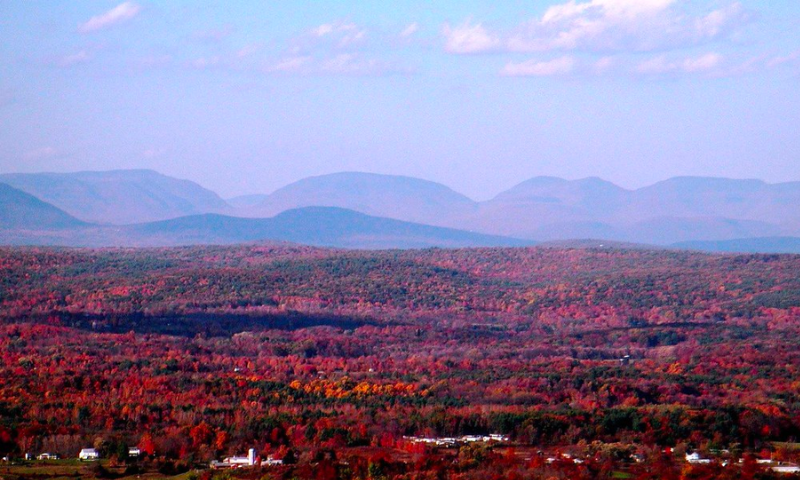Armin Rosen
Tablet, Aug. 2, 2022
The Hudson Valley Resort and Spa rests on a gentle slope facing the near-distant curtain of mountain where the wilderness finally begins. Only the softest pinch of loss intrudes into the landscape’s tranquil domes of spotlit green and emerald shadow. “We’re gonna dedicate rooms to the old hotels that closed down,” exclaimed Yossi Zablocki, newly the proprietor of what he says is the only kosher resort left in the entire Catskills. “There were hundreds of them!”
Before he purchased the former Granit Hotel in Kerhonkson from a Chinese company that planned on tearing down the squat concrete blocks containing its guest rooms, leveling its two dusty theaters and bulldozing a spa and a piano lounge that could one day be transformed into hammams and hookah bars for New York’s vacationing frum community, Zablocki had been the final manager and operator of Kutsher’s, the longest-surviving of the legendary old borscht belt getaways. The family-owned resort was sold in 2013 when the construction of a nearby casino boosted the value of the property, a transaction that marked the final point where present-day cynicism and desperation engulfed whatever was left of the long-ago blend of social aspiration, good taste, and Jewish American particularity that made the Catskills possible.
Or maybe not so final: The phone number that called Kutsher’s for nearly a century now reaches Zablocki’s secretary, he said. As we spoke, a work crew was installing white marble flooring in a lobby that still felt far too large, even with its newly arrived wooden sculptures of local predatory wildlife. A volume of Talmud sat invitingly on a table in the inhabited center region of the cavernous entrance lounge. Peyos’ed children walked by in Crocs and swimming goggles.
For the previous week, in mid-July, it had been Zablocki’s profound responsibility to host 56 New York City Holocaust survivors for a summer program sponsored by The Blue Card, a New York-based organization that has been assisting Jews persecuted by Nazi Germany since 1934. The participants, nearing the end of a full week of entertainment, relaxation, and exercise, were now making challah in one of the ballrooms. At a long table near the center of the faded and windowless hall, the last Jews of prewar Poland and Hungary, most of them women whose sheitels and head-wraps made them look reassuringly younger than they actually were, threaded long tubes of dough and kibbitzed in Yiddish with English undertones. Three of the people here had numbers tattooed on their arms, noted Ruchy Cisner, a young case worker with Nachas Health and Family Network, a Borough Park health care nonprofit focused on the area’s survivors and co-organizer of the retreat.Source


